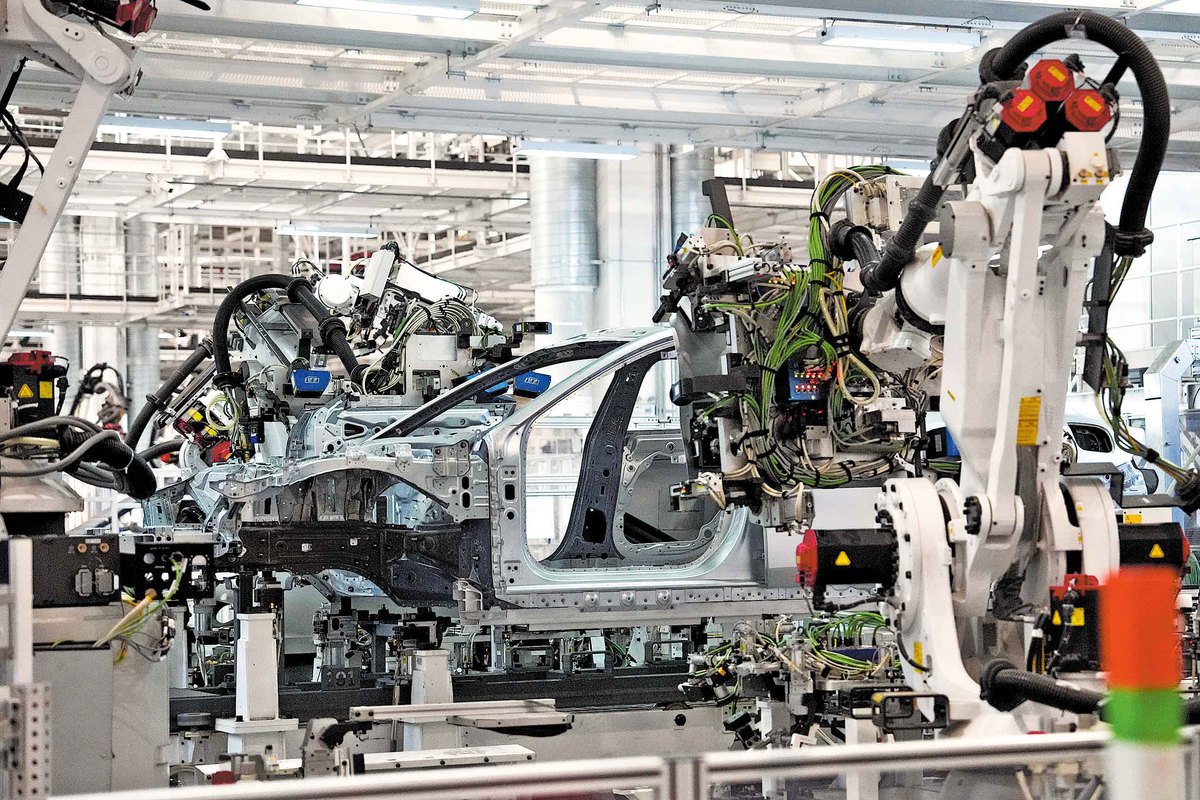
In a significant move to protect the rights and interests of small businesses within the automotive supply chain, the Ministry of Industry and Information Technology activated a specialized online complaint channel.
The online reporting window for key automakers' payment commitment compliance records operates through the national platform addressing payment defaults to small and medium-sized enterprises.
The initiative directly supports the recent public pledge by 17 leading automakers, including FAW, Dongfeng, GAC and Seres, to limit supplier payment terms to 60 days maximum. The portal enables SMEs to report violations and submit improvement suggestions regarding four critical compliance issues.
READ MORE: Chinese ministry backs carmakers' payment commitment to suppliers
Specifically, the window accepts complaints involving automakers failing to honor the 60-day payment promise through extended contract terms, manipulating payment timelines by delaying acceptance certificates, setting unreasonable start dates, coercing suppliers into accepting commercial bills or electronic receivables instead of cash, and general noncompliance with China's SME payment protection regulations.
Industry leaders hailed the measure as a precision intervention means to address chronic payment issues.
"These categories comprehensively target vulnerabilities — such as contractual loopholes, payment process gaps, ambiguous acceptance rules and abusive payment instruments," said Wang Tie, an expert at the China Automotive Technology and Research Center Co Ltd. "This mechanism enables precise identification and resolution of SME pain points."
Wang said: "The 60-day pledge coupled with this complaint channel represents targeted acupuncture-like therapy for supply chain financial stress. It's fundamental to fostering corporate accountability and improving the industrial ecology."
Fu Bingfeng, secretary-general of China Association of Automobile Manufacturers (CAAM), underscored the existential impact of delayed payments. "Timely settlements are the lifeblood sustaining operations, investments and innovation. Only with healthy cash flow can suppliers maintain vitality," Fu said.
While acknowledging automakers' efforts to streamline processes since making the pledge, Fu cautioned that "standardizing payment practices remains a systemic challenge requiring industry-wide collaboration".
Looking beyond immediate remedies, Wang advocated for transforming automaker-supplier relationships. "We must shift from zero-sum bargaining to symbiotic partnerships for true industry sustainability." He proposed establishing dynamic monitoring mechanisms to preempt risks like market slowdowns or profit declines.
An MIIT official confirmed forthcoming measures, including industry-guided development of standardized payment norms and model contracts. These aim to institutionalize transparent settlement processes and cultivate a collaborative "vehicle-parts supplier ecosystem", ultimately advancing the automotive sector's sustainable growth.
ALSO READ: Price wars eroding auto industry profits
In May, CAAM issued an initiative, urging industry players to avoid chaotic pricing wars and uphold fair competition. It highlighted that declining profitability in the industry has been exacerbated by "cutthroat competition", particularly through disorderly price-cutting moves, which have significantly eroded corporate earnings.
It specifically warned against the ripple effects of aggressive discounting initiated by certain automakers, stressing that such practices not only disrupt normal business operations, but could also trigger systemic risks across the supply chain and ultimately harm consumers' long-term interests.
Contact the writer at masi@chinadaily.com.cn


